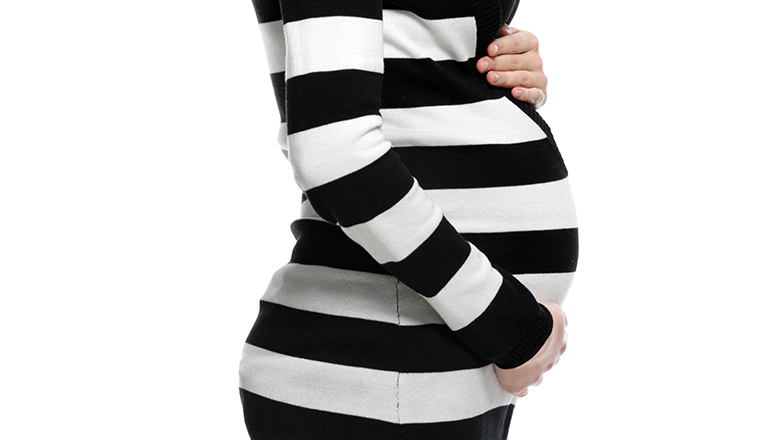Diagnosis key to helping kids affected by alcohol use in pregnancy
Early intervention in child development problems caused by alcohol use in pregnancy has been made possible by The Kids Research Institute Australia’s work to establish an agreed upon set of tests and measurements for diagnosis of Fetal Alcohol Spectrum Disorders (FASD) in Australia.
The diagnostic instrument, formulated and being implemented under a contract with the Commonwealth Department of Health, is aimed at ensuring earlier and better-suited help is provided to deal with disability caused by alcohol crossing the placenta and disrupting the development of the growing baby’s brain.
In particular, it will be used to identify and aid young children who had no obvious physical signs at birth indicating their alcohol-related brain damage, yet, as they grow, their disability puts them at greater risk of poor school performance, mental health problems, unemployment, substance abuse and early contact with the justice system. This is due to FASD-associated learning and behavioural problems, poor decision-making and judgment skills and developmental delay.
In the past, failure to recognise FASD, has resulted in some children being dismissed as “just naughty” or treated only for conditions such as attention deficit hyperactivity disorder.
“Hopefully, by getting a FASD diagnosis different management plans can be introduced to help these kids ‘be the best they can be’,” said The Kids Research Institute Australia head researcher Professor Carol Bower.
“Parents have told me it was such a relief to get a FASD diagnosis because now they know it’s not that their child ‘won’t do it’ it’s because they ‘can’t do it’.”
When the Institute’s “Australianised” diagnostic instrument, based on similar instruments produced in the US and Canada, is finalised and distributed across the country, it is hoped it will provide a more accurate estimate of the number of Australian children with FASD. Also that it will result in better reporting, management and prevention programs, increased advocacy and funding and greater training and awareness among health professionals.
“There is definitely room for improvement in diagnosis,” Professor Bower said, “even in locations where FASD is thought to be very high, children are not being diagnosed.”
The new diagnostic instrument includes criteria for Fetal Alcohol Syndrome (FAS) and Partial Fetal Alcohol Syndrome, identified by distinctive facial features, poor growth and abnormalities of the brain or neurological problems. Also for Neurodevelopment Disorder-Alcohol Exposed, where children may look normal but have functional, learning and behavioural problems.
“We are now in the process of refining the instrument and will be asking paediatricians and other clinicians to use it and advise us on its feasibility,” Professor Bower said.
The Kids Research Institute Australia continues to lead Australia in identifying and addressing many important gaps in knowledge about alcohol use in pregnancy and its effects.
What’s next?
“We have a project now to develop training for midwives, to help them ask questions about alcohol use in pregnancy and document and provide brief interventions to stop alcohol intake,” said Professor Bower.
Other projects include development of educational resources for the legal profession on FASD, assessing educational outcomes for children exposed to alcohol prenatally, prevention strategies in the Kimberley and Pilbara and a study to screen for, diagnose and manage FASD in the juvenile justice system.

